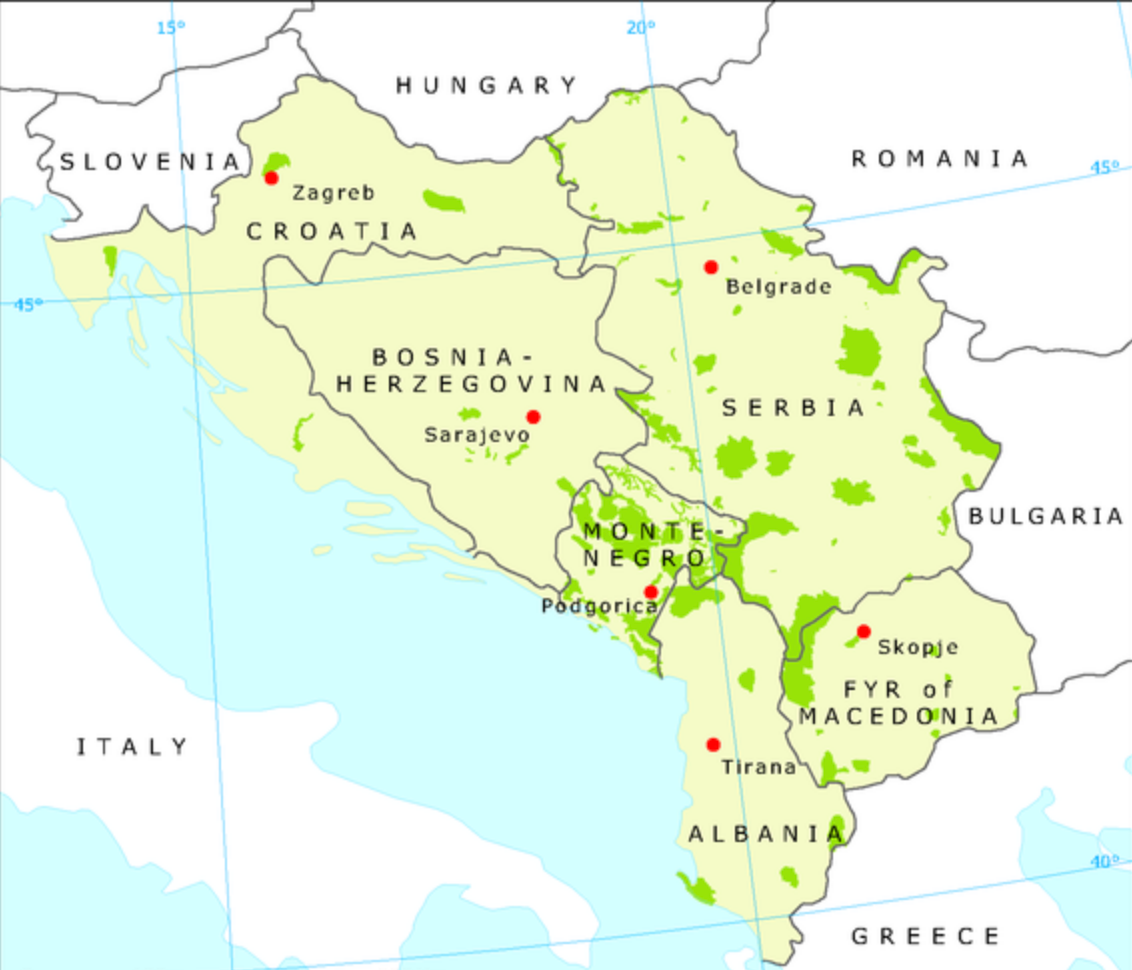
[Versión en español] [Version en français] [Deutsche Fassung]
On 27 August 2022, Josep Borrell Fontelles, High Representative of the Union for Foreign Affairs and Security Policy, made the following announcement on his Twitter account:
I am happy that we found a European solution that facilitates travel between #Kosovo and #Serbia, which is in the interest of all citizens of Kosovo and Serbia.
— Josep Borrell Fontelles (@JosepBorrellF) August 27, 2022
I thank @predsednikrs and @albinkurti for their leadership, and underline the excellent practical EU - US cooperation pic.twitter.com/kO4UZNenwk
This announcement followed discussions during August, with a deadline of 1 September, after the previous deadline of 1 August had been changed.
Tensions between Serbia and Kosovo flared in August in particular when Priština said it would force Serbs living in the north, who are backed by Belgrade, which has not recognised Kosovo's institutions since its unilateral declaration of independence from Serbia in 2008, to start using Priština-issued license plates.
Serbia still legally considers Kosovo an integral part of its territory. Pro-Russian Belgrade claims not to have provoked tensions and conflicts there, and accuses Priština of trampling on the rights of the Serb minority. Recall that ethnic Serbs make up 5% of Kosovo's 1.8 million population, which is 90% ethnic Albanian. So in northern Kosovo there is a de facto dual administration: Serb and Kosovar. Following Kosovo's independence in 2008, Belgrade maintained parallel institutions, police stations, courts, municipalities, etc. Since coming to power, Albin Kurti's government in 2021 has sought to establish a balance of power with Serbia in order to put an end to this system, in the name of the principle of "reciprocity", and thereby assert sovereignty.
This post is for subscribers only
Subscribe now and have access to all our stories, enjoy exclusive content and stay up to date with constant updates.
Already a member? Sign in
